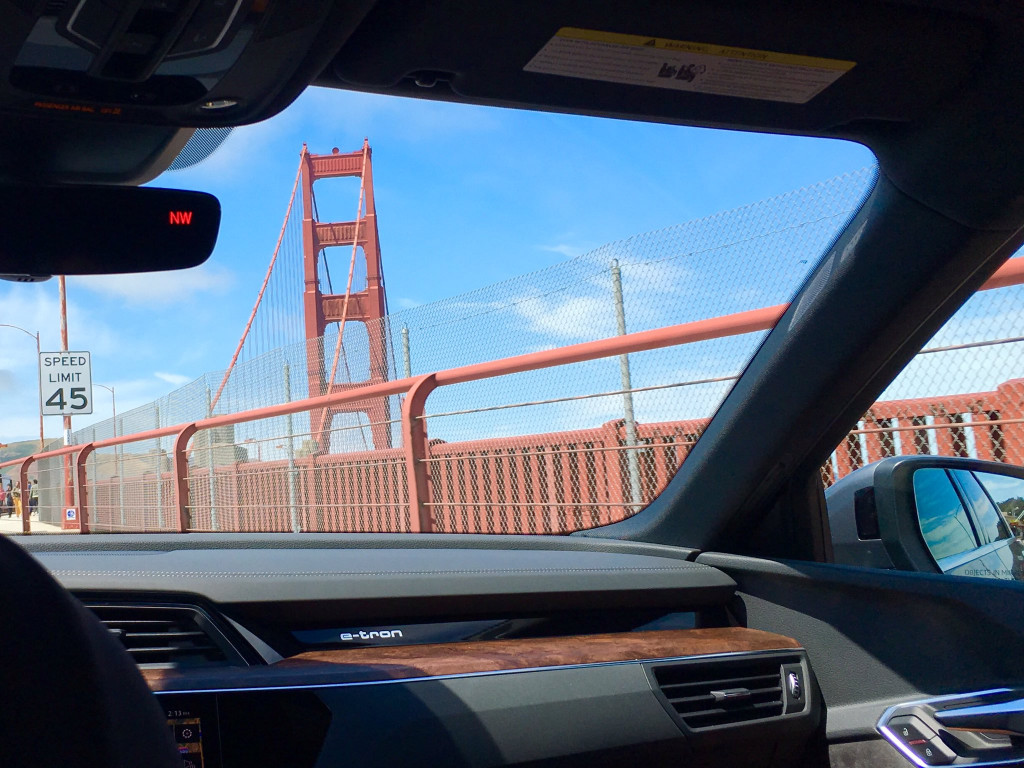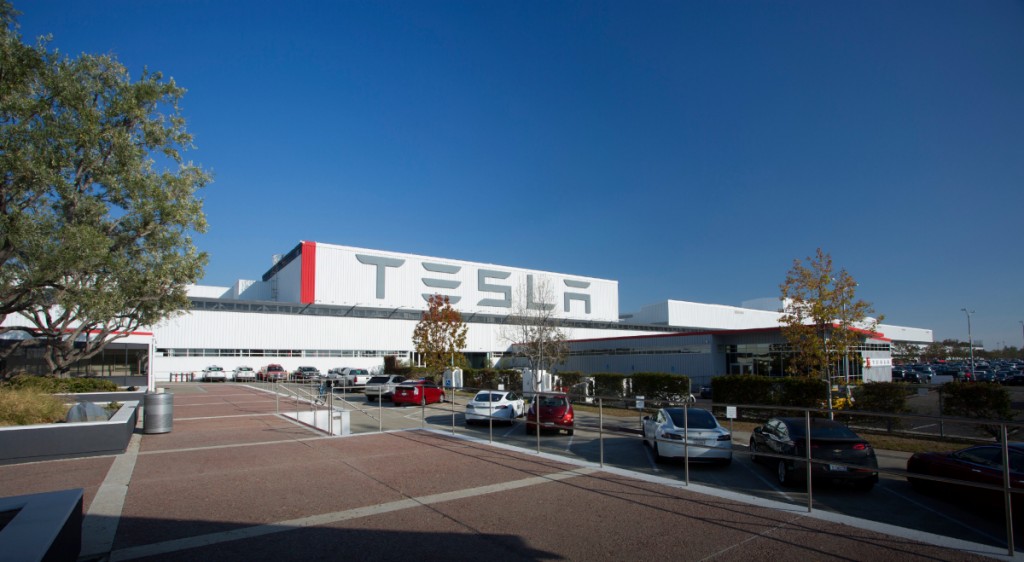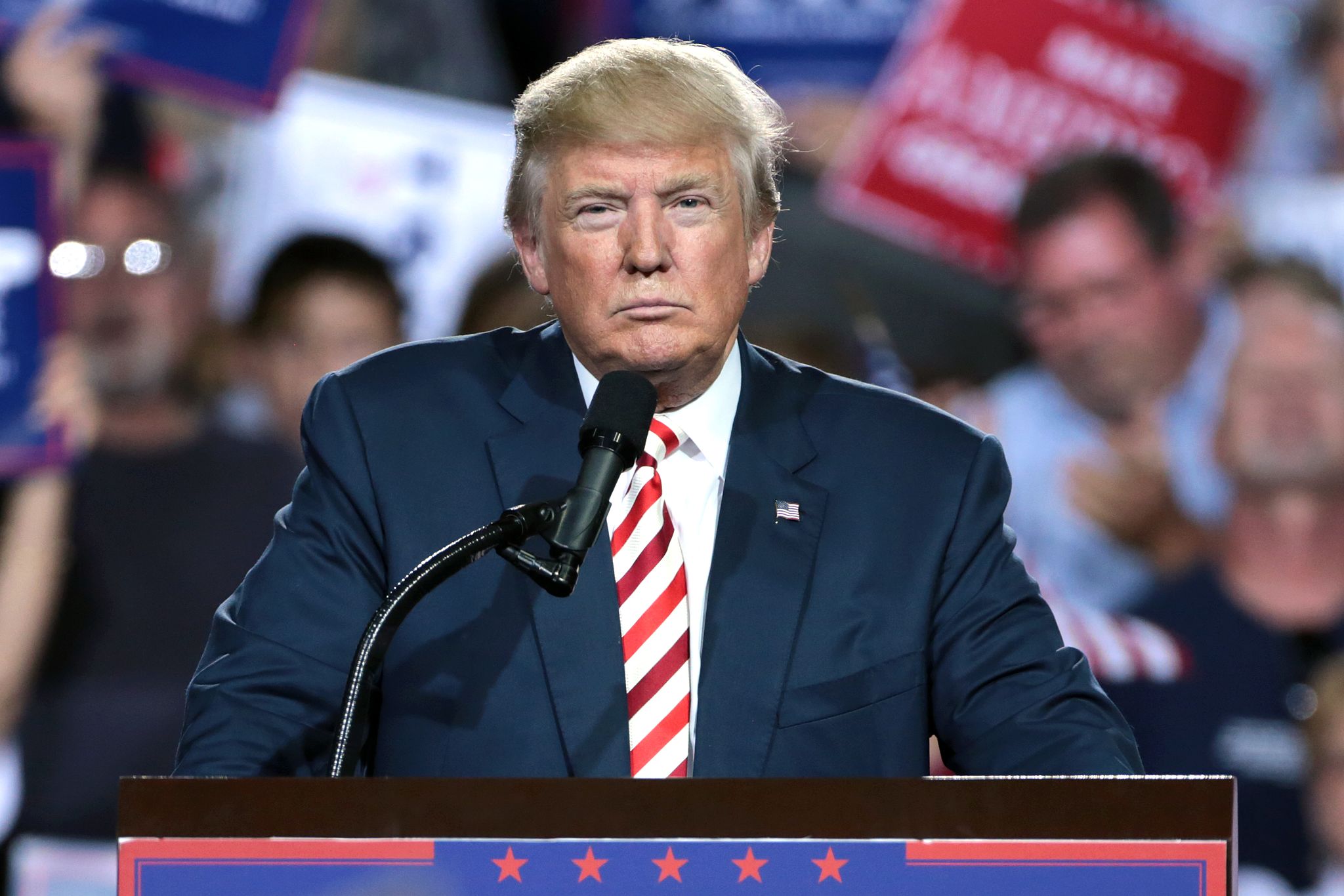This story has been updated to include a response from California Governor Gavin Newsom, and further background regarding California's potential reaction.
Ten months after the U.S. EPA and DOT proposed easing federal fleet fuel economy standards for 2021-2026, there has been no formal submission of the plan. And more than a year after the EPA suggested that it might challenge California’s waiver to set stricter standards, it hasn’t confirmed one way or another whether it will do that.
As if a rapidly evolving tariff situation and trade war weren’t enough, the uncertainty over mileage standards has also led to a great deal of unease in the auto industry. Thursday, 17 automakers sent a letter to President Trump asking for some reassurance on the mileage standards—and spelling out exactly what they presently want: one national standard for vehicle fuel economy, in the form of a final rule that California can support.

Audi e-tron, on the Golden Gate Bridge
The letter thanks the President for supporting “a vibrant and competitive auto industry in the United States,” and notes the different market landscape versus in 2011, when the standards were last revamped. Examples include lower-than-expected fuel prices, a higher rate of SUV and pickup sales, and a lower-than-anticipated adoption rate of vehicles with alternative powertrains.
The automakers stressed that the final rule, which would cover model years 2021 to 2026, would need to include “flexibilities that promote advanced technology for the sake of long-term environmental gains and U.S. global competitiveness.”
“For these reasons, we support a unified standard that both achieves year-over-year improvements in fuel economy and facilitates the adoption of vehicles with alternative powertrains,” said the automakers. “We encourage both the federal government and California to resume discussions and to remain open to regulatory adjustments that provide the flexibility needed to meet future environmental goals and respond to consumer needs.”
The automakers that signed on to the letter included Aston Martin Lagonda, Ford Motor Company and General Motors, as well as the U.S. or North American organizations of BMW, Honda, Hyundai, Jaguar Land Rover, Kia, Mazda, Mercedes-Benz, Mitsubishi, Nissan, Porsche, Subaru, Toyota, Volkswagen Group (including Audi), and Volvo. Fiat Chrysler Automobiles and Tesla were among the companies that didn't sign on.
Direct mentions of electric vehicles, electrification, hybrids, carbon reduction, or climate change were also notably missing from the letter, which was sent in CC to Secretary of Transportation Elaine Chao, U.S. EPA Administrator Andrew Wheeler, and National Economic Council Director Lawrence Kudlow.

Tesla factory, Fremont, California
Talks between the federal and California agencies, according to a joint statement from the EPA and Transportation Department, broke off in February as the California Air Resource Board “failed to put forward a productive alternative. CARB claims that talks never actually got to the depth of either discussing or negotiating policy.
The administration hasn’t yet rolled out the formal version of its plan, which was last reported by some Washington sources as likely to make a very small increase in fleet-wide fuel efficiency. Wheeler told Reuters in April that “our final regulation is not going to be the same as our proposal.” In any case, the clock is ticking; Reuters notes that before it can even be published it needs to be submitted to the White House Office of Management and Budget for review.
Most automakers, who may have been eager to lobby for relaxed standards, have come to realize that a long fight with California isn’t in the interest of global competitiveness. And if the EPA decides to deny California of its waiver, the case could lead to an extended (read: years-long) state of unease as the case makes its way through the courts.
As the letter explained, a divided U.S. market "could prove as untenable as the current program."
“Striking the proper balance will not be easy, but we know with your leadership it can happen,” the automakers swoon to Trump, in a conclusion to the letter. “We are eager to work with you to advance this outcome and strengthen our economy and technological leadership.”

California Air Resources Board chair Mary Nichols (via Twitter)
"This rule change is politically motivated and part of a larger push to reward oil companies and hurt our nation’s efforts to fight climate change," said Newsom to Green Car Reports. "California will continue to lead the coalition to block these rule changes from taking effect."














